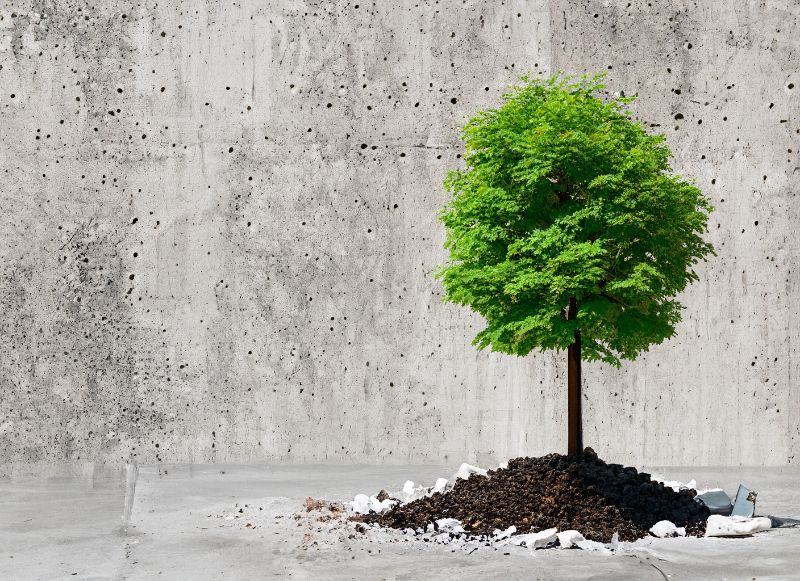Green Trees, Green City – Urban Forests Add Years to Lives
In elementary school, we learned that trees give us oxygen and take in carbon dioxide. A simple cycle that brings gives us one of life’s greatest wealth: a breath of fresh air. In a world where concrete jungles are becoming more prevalent, the importance of urban forests cannot be overstated.
In a media briefing on December 1st, hosted by Ethnic Media Services, experts in the field of urban forestry to discuss the benefits of trees in urban areas and the challenges that come with maintaining them.
Speakers
![]()
- Michael Jerrett, Professor, UCLA Department of Environmental Health Sciences and Co- Director, Center for Healthy Climate Solutions, Fielding School of Public Health
- Rachel Malarich, City Forester for the City of Los Angeles
- Marcos Trinidad, Senior Director of Forestry, TreePeople
- Bz Zhang, Project Manager, Los Angeles Neighborhood Land Trust
- Jon Christensen, Adjunct Assistant Professor, UCLA Institute of the Environment, Luskin Center for Innovation, and Laboratory for Environmental Narrative Strategies
Michael Jerrett, a professor of environmental health sciences at UCLA, kicked off the briefing by discussing the health benefits of urban forests. He explained that trees can help reduce air pollution, which is a major contributor to respiratory illnesses. “Trees are like lungs for our cities,” he said. “They help clean the air we breathe and make our cities healthier places to live.”
Rachel Malarich, the Urban Forestry Division Director for the City of Los Angeles, spoke about the challenges of maintaining urban forests. She explained that urban forests are often subject to neglect and vandalism, which can make it difficult to keep them healthy. “We need to work together as a community to protect our urban forests,” she said. “It’s not just the responsibility of the city, but of everyone who lives here.”
Marcos Trinidad, the Director of Forestry at TreePeople, a nonprofit organization that promotes urban forestry, discussed the importance of community engagement in maintaining urban forests. He explained that getting people involved in planting and caring for trees can help build a sense of ownership and pride in the community. “When people feel like they have a stake in their urban forest, they’re more likely to take care of it,” he said.
Bz Zhang, the Executive Director of the Los Angeles Neighborhood Land Trust, spoke about the importance of equity in urban forestry. She explained that low-income communities and communities of color often have less access to green spaces and urban forests than wealthier, predominantly white communities. “We need to make sure that everyone has access to the benefits of urban forests,” she said. “It’s a matter of environmental justice.”
Jon Christensen, a professor at UCLA’s Institute of the Environment and Sustainability, wrapped up the briefing by emphasizing the importance of giving back to urban forests. He explained that trees and green spaces provide numerous benefits to our communities, and it’s our responsibility to ensure that they continue to thrive. “We need to work at giving back and making sure that everyone has access to those benefits in their lives, which are real,” he said.
The briefing also touched on the role of the media in promoting the importance of urban forests. Sandy Close, the Director of EMS, announced a fellowship program that will allow reporters to delve deeper into the subject of urban forestry. “This is more than we thought,” she said. “This is a real issue of life and death.”
The Bezos Earth Fund has committed $400 million nationwide to creating green spaces.
Overall, the media briefing emphasized the importance of urban forests in our communities and the challenges that come with maintaining them. It also highlighted the need for community engagement, equity, and media coverage to ensure that urban forests continue to thrive. We need to work together to protect our urban forests and make sure that they’re here for generations to come.


